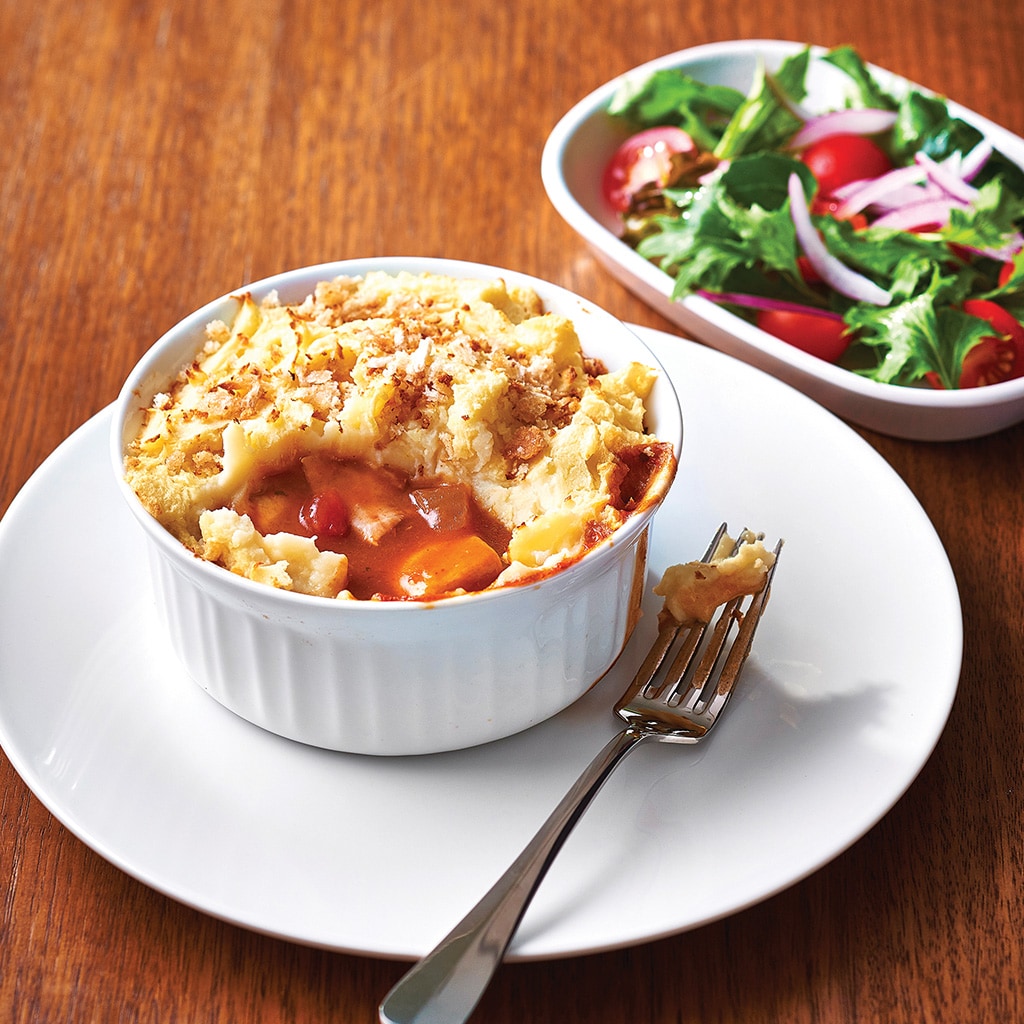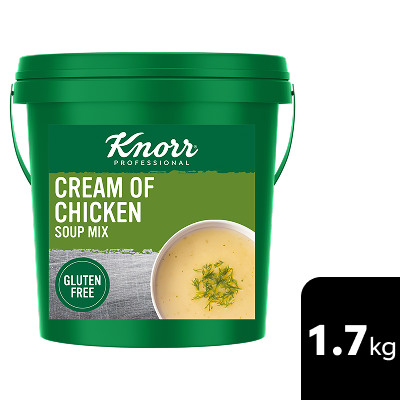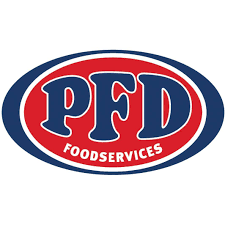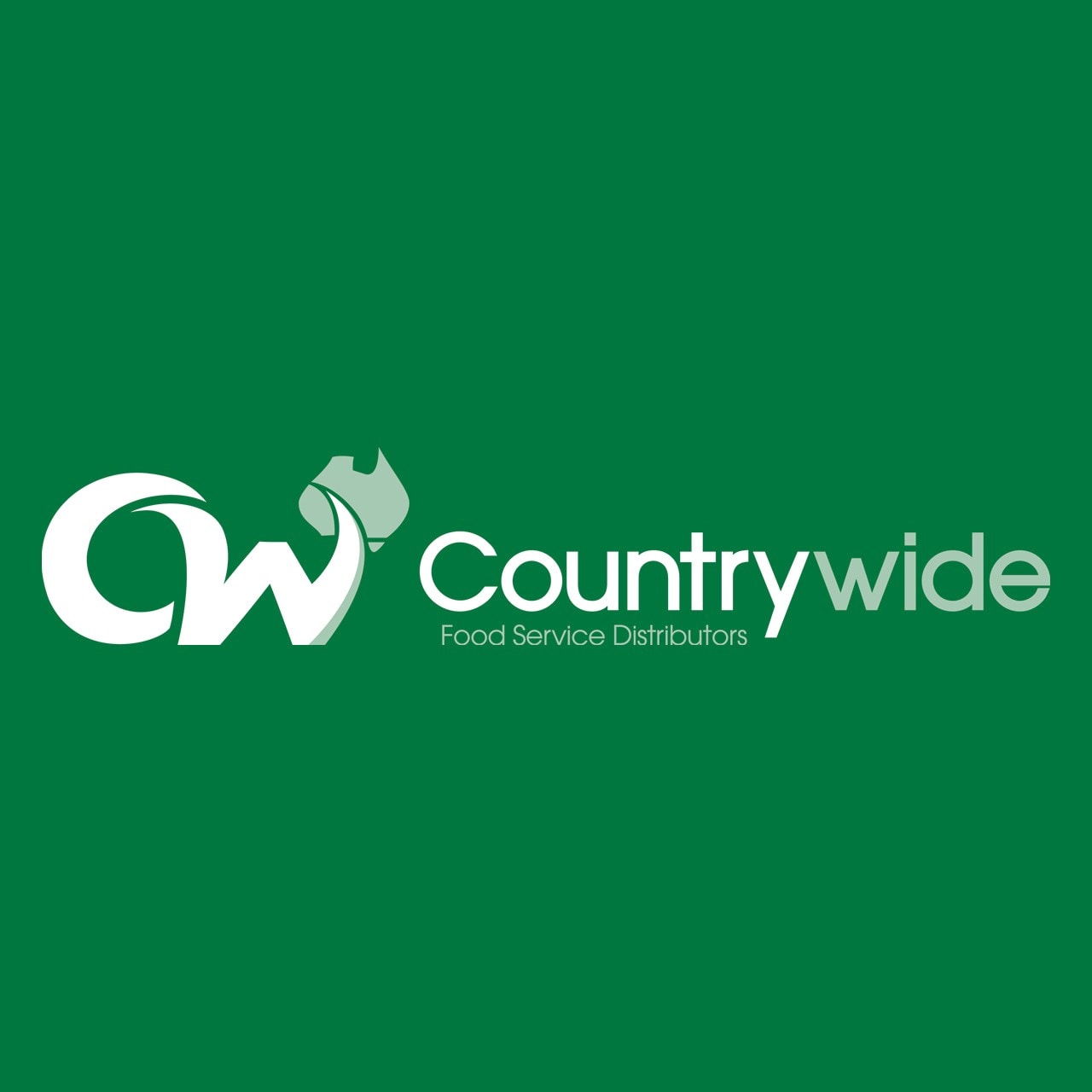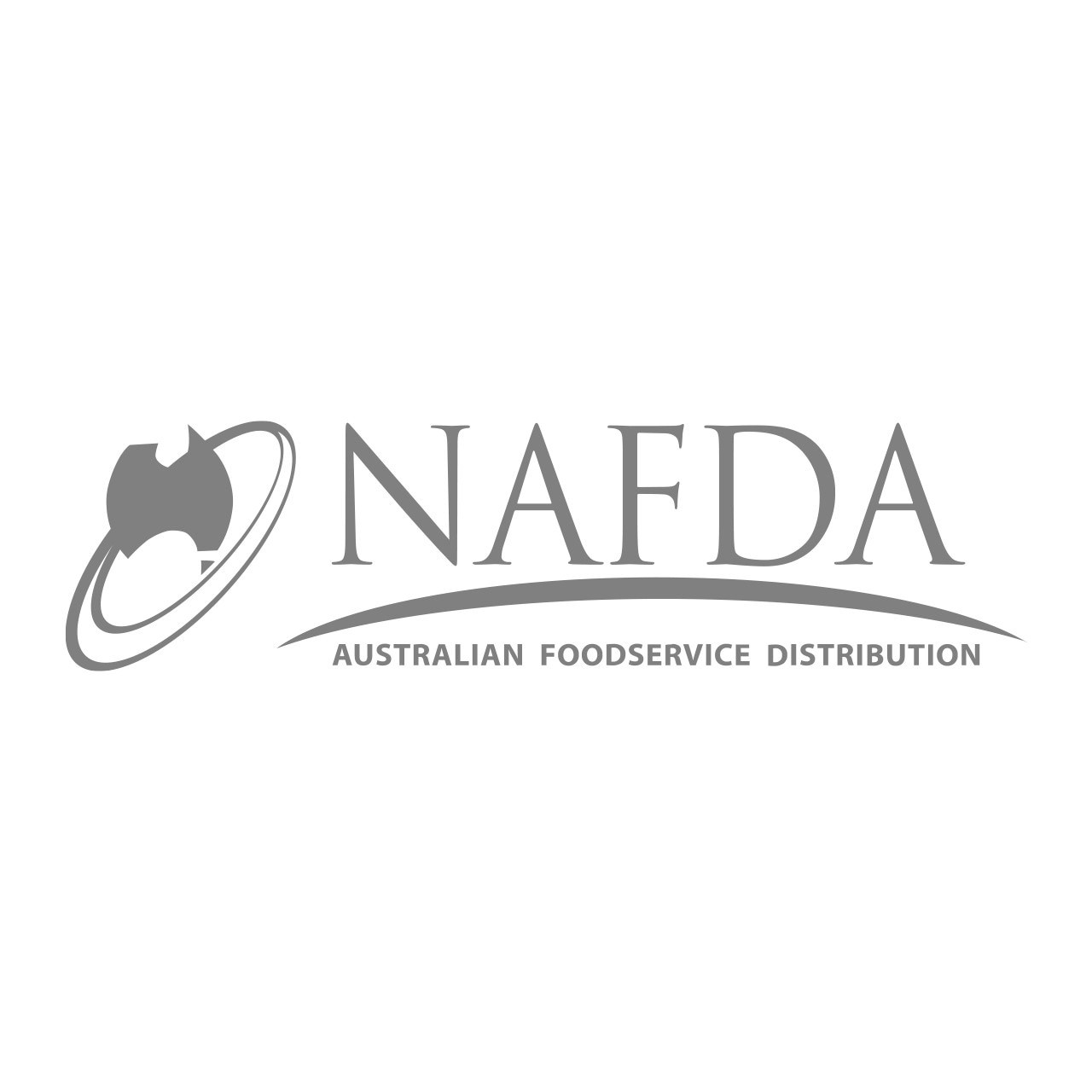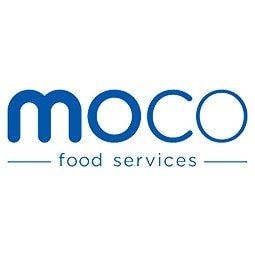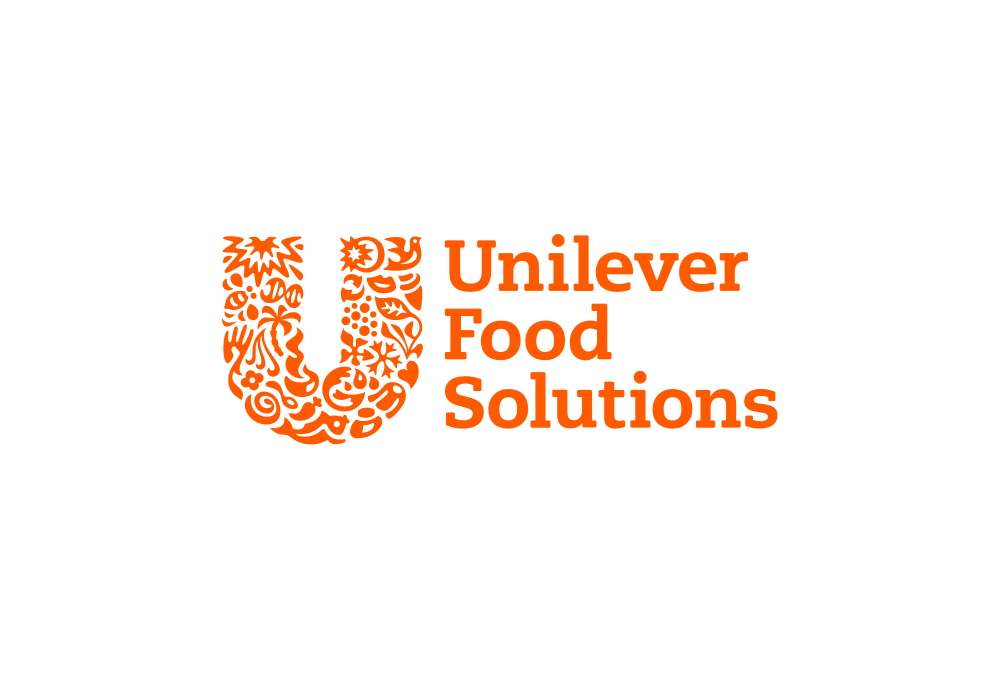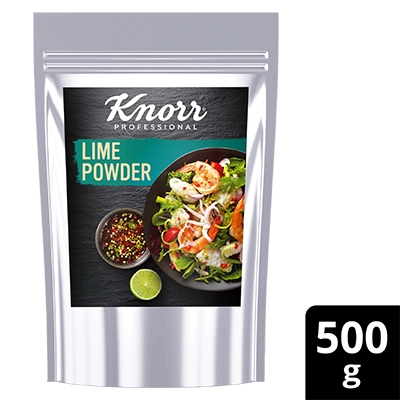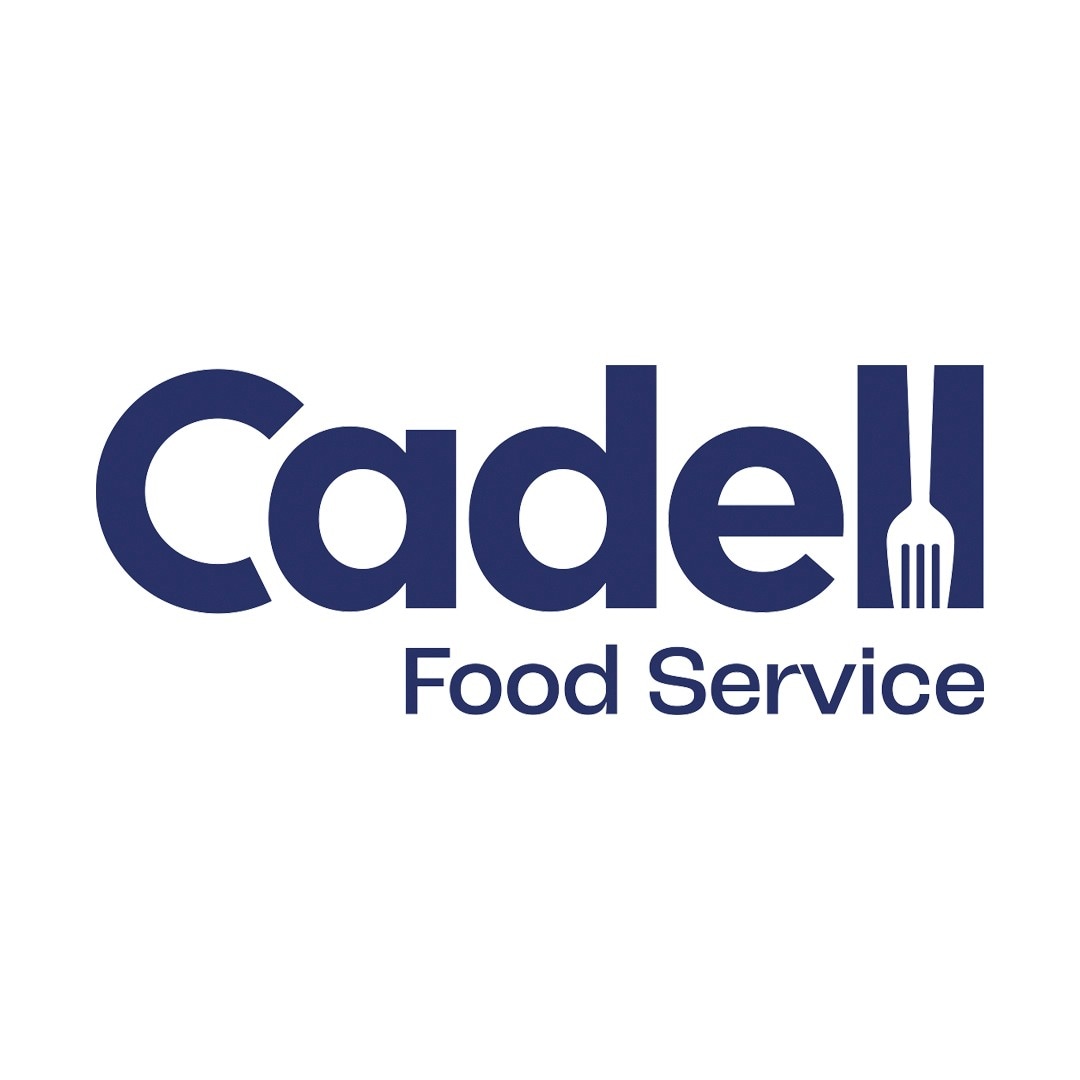Posted on Monday, 29ᵗʰ September, 2025
The number of people entering residential aged care with existing food allergies is increasing and is predicted to continue to rise in the coming years.
Factors contributing to food allergies and sensitivities include the natural weakening of the immune system with age (immunosenescence), changes in digestion and nutrient absorption, and the way certain medications can increase sensitivity to foods. For aged care food service teams, understanding this shift is essential to meeting residents’ needs.

PEAL stands for Plain English Allergen Labelling, a food labelling standard introduced in Australia and New Zealand in 2021 to address inconsistent and unclear allergen labelling. This inconsistency previously made it difficult to identify allergens accurately. PEAL is designed to reduce confusion and enhance safety - particularly important for vulnerable aged care residents.
PEAL requires all packaged foods and ingredients to list allergens using clear, simple language and bold formatting, making allergen information easier to find and understand.


It standardises allergen labelling by:
- Using plain English names for allergens (e.g., “milk” instead of technical terms)
- Listing allergens in bold font within the ingredient list and in a “contains” statement
- Clearly, naming specific allergens (e.g., “almonds” instead of just “tree nuts”)
As of 25 February 2024, all food businesses are in compliance with PEAL, though older labels may remain in circulation until 2026.

PEAL makes it easier to quickly and confidently identify allergens in packaged foods, helping to keep residents safe while managing complex dietary needs. This change requires greater vigilance in menu planning, supplier checks, and kitchen communication to ensure meals are both safe and suitable for individual residents.
Key steps include:
Incoming product checks
- Carefully read labels on all packaged ingredients. PEAL requires allergens to be clearly listed in bold, plain English, both within the ingredient list and in a “contains:” statement.
In-house meals
- When preparing kitchen-made or repackaged foods, you can mirror PEAL style:
- Use bold allergen names in recipes and menus.
- Include a clear “contains” summary for staff and residents.
- Keep recipes up to date with any ingredient changes.
Menu planning
- Use the PEAL allergen list as your standard reference when assessing recipes. This helps you plan meals that avoid allergens for affected residents while maintaining variety through safe substitutions (e.g., oat milk instead of dairy).

- Plan by reviewing all packaged ingredients and kitchen-made meals to ensure allergens are clearly identified with PEAL-compliant labels, incorporating allergen checks into meal planning to prevent risks.
- Educate all kitchen and food service staff on PEAL requirements, training them to recognise allergens on packaging and in recipes, and encourage double-checking labels - even on familiar products - as suppliers may change ingredients.
Communicate allergen information and resident allergy profiles clearly with serving staff and carers to prevent accidental exposure.

In aged care kitchens, the margin for error is small and the consequences of a slip-up can be severe. Preventing allergen cross-contamination is a safeguard for those with food allergies. While the fundamentals from commercial kitchens still apply, aged care demands an extra layer of precision, consistency, and communication.
- Use separate, clearly marked equipment for allergen-free foods.
- Wash your hands and change gloves between tasks.
- Clean and sanitise surfaces and utensils thoroughly between uses.
- Store allergens separately from other foods, with clear labelling.
- Use dedicated or thoroughly cleaned temperature probes for allergen-free meals.
- Prepare allergen-free meals last to reduce exposure risk.
- Train all staff on allergen safety and cross-contamination prevention.

Disclaimer: The content of this article is created for inspiration purposes only. It is not intended as clinical, medical or nutritional advice.











